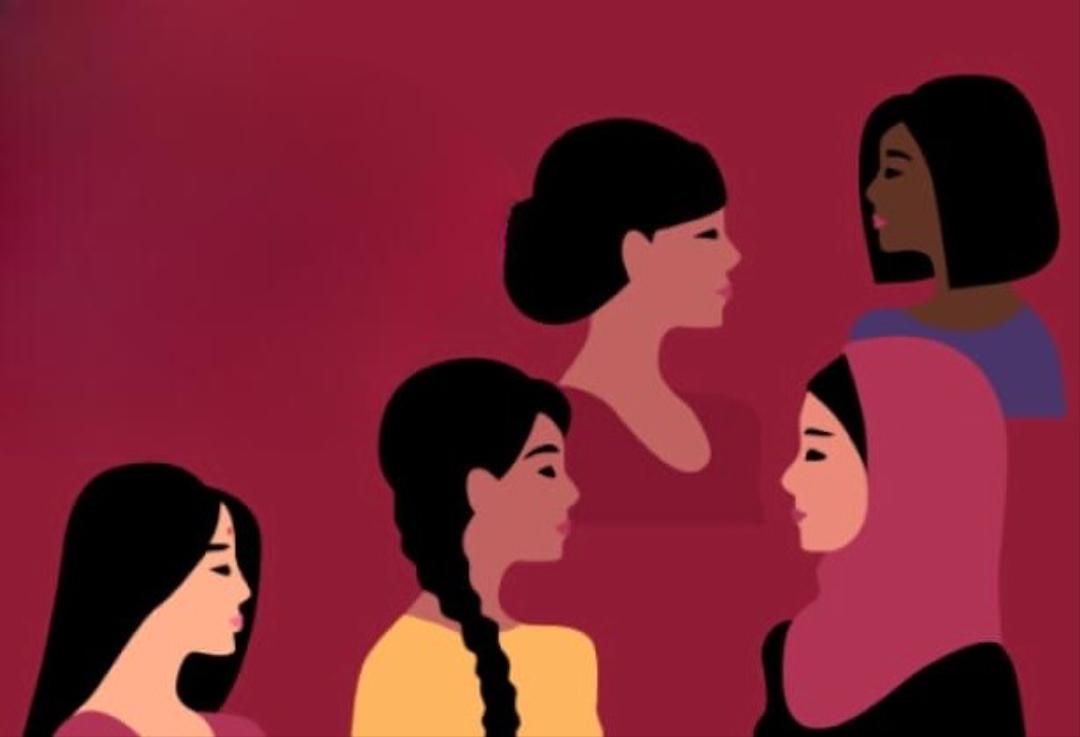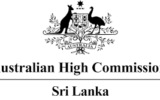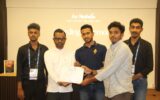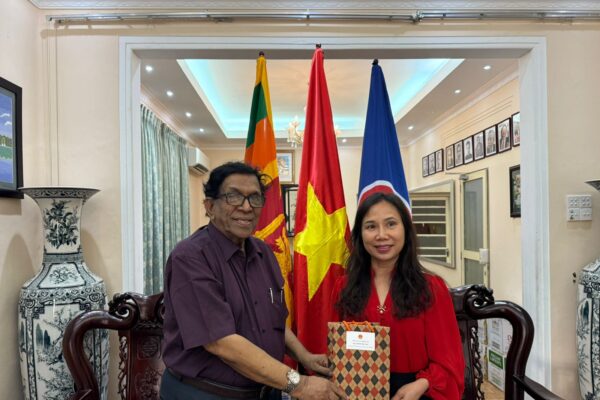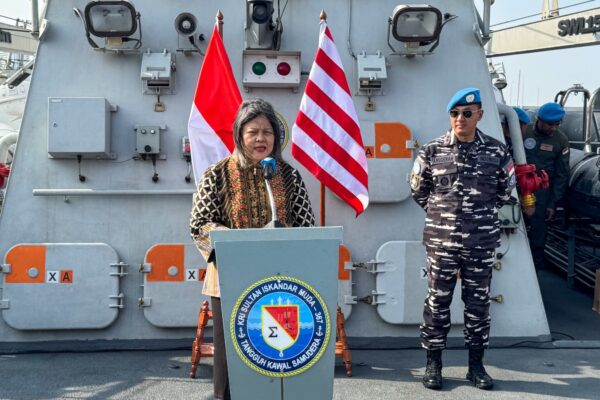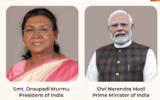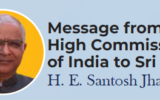Shreen Abdul Saroor and Nabeela Iqbal
COLOMBO : The parliamentary elections and the May 2025 local authority elections in Sri Lanka marked a notable shift in women’s political participation. The number of women in Parliament increased from 13 to 22, with nearly all of them being newcomers. Additionally, 1,957 women, representing 24.8% of those elected, secured seats in local councils. This progress occurred against the backdrop of the local authority elections being postponed and growing public debate over the relevance and implementation of the women’s quota.
Notably, a significant number of these women are young and politically unaffiliated, signaling a shift away from traditional political pathways often dominated by family dynasties. This rise in women’s political representation is particularly remarkable given that many of the newly elected women did not rely on established political families or male relatives to enter the political arena, thereby challenging longstanding norms of dynastic politics in the region. However, despite these encouraging strides toward democratic inclusivity and gender equity, this progress has not come without significant challenges and costs.
Misogyny in the Digital Age
While their presence signals democratic progress, many of these women have become targets of gender-based abuse, especially online. The Mannar Women’s Development Federation (MWDF) and Women’s Action Network (WAN) have tracked a sharp rise in social media harassment, ranging from sexualized insults to viral disinformation in Tamil, especially during the last parliament and local authority elections. These are not just political critiques. They are deeply misogynistic attacks aimed at humiliating, silencing, and delegitimizing women leaders. Most online discourse avoids policy or performance, instead focusing on women’s looks, clothing, personal lives, or relationships.
Sexism in Parliament: A Recent Case in Point
On September 10, 2025, MP Prasad Siriwardena of the Samagi Jana Balawegaya (SJB) mocked MP Lakmali Hemachandra (NPP) for not being “beautiful enough.” The remark, disguised as parliamentary banter, revealed the entrenched sexism even within Sri Lanka’s highest democratic spaces. Despite a public apology, the message was clear: women in politics are still judged by appearance, not ability.
Online Targeted Harassment and Character Assassination
Across the country, women politicians during the last parliament election have faced coordinated smear campaigns:
Ms. Mithilaichelvi Sripathmanathan ( of Tamil Makkal Kootani) was publicly mocked by rival Dr. Ramanathan Archchuna, who filmed himself tearing her flyer, mixing it with food, and pretending to eat it. A disturbing act of symbolic domination shared with over 90,000 followers.
Ms. Umachandraa Pragash (Samagi Jana Balawegaya) was falsely linked to a prostitution ring through TikTok and viral videos. Despite complaints to cybercrime authorities, the content remains online. This highlights platform inaction.
Dr. Kaushalya Ariyarathne (National Peoples’ Power) was dragged into a fabricated romantic scandal via a blurred image where only she was recognizable. The male MP remained unnamed, showing the gendered double standard in smear tactics causing significant reputational damage to the first time woman legislator.
Weaponizing Religion and Identity
Ms. Hasanah Cegu Issadeen, a legal researcher and women’s rights activist, faced a brutal backlash after being appointed Private Secretary to Prime Minister Harini Amarasuriya. Her long-standing advocacy for Muslim Marriage and Divorce Act (MMDA) reform specially calling for child marriage bans and equal divorce rights, was distorted into accusations of undermining Islam. She was targeted via WhatsApp forwards and memes accusing her of being a Western pawn and fabricating a relationship with the Prime Minister.
Ms. Saroja Paulraj, Minister of Women and Child Affairs, advocating for MMDA reform, was labelled Islamophobic by religious leaders and online mobs. Despite factual accuracy, she was forced to apologize many times which proves that truth is often no shield for women challenging patriarchal norms.
Transphobia in Politics
Ms. Chanu Nimesha, Sri Lanka’s first openly transgender general election candidate (Socialist Party), has faced relentless transphobic and homophobic abuse. While initially celebrated, she soon became the subject of hate due to the country’s laws still criminalizing same-sex relations and lacking protections for gender identity. Her campaign highlighted the triple marginalization of being transgender, female-presenting, and politically active.
Poetic Misogyny: The Case of Ms. Ambika Samuel
A senior Sinhalese man, Kumar Hettiarachchi, wrote a poem sexualizing Ambika Samuel, a rising Up-Country Tamil politician. Beneath literary language, the poem fetishized Ambika’s body, identity, and her community’s suffering while turning her political leadership into an object of male fantasy. Her work to challenge caste, gender, and ethnic inequality was thus overshadowed by poetic predation.
Scrutiny Without Standards
Sri Lankan women in politics are held to harsher standards than their male counterparts. While men boast of power and performance, women are questioned about their attire, relationships, or simply for being outspoken. Prime Minister Harini Amarasuriya has been attacked for not dressing “like a dignified Sri Lankan woman,” with critics implying she should wear a saree, revealing the narrow mold women are still expected to fit.
Platforms and Institutions Must Do Better
Social media platforms like Meta have not been supportive in removing posts attacking public figures and women politicians, even after local moderators spend time translating and giving context to the disinformation and the harm caused by it. Social media platforms have thresholds for how their content is prioritised in content moderation, in which politicians have to meet a very high threshold as they are public figures and are open to public criticism. Due to this high threshold, the way the community guidelines are applied and interpreted in the moderation will differ.
Despite having strong rules for hate speech and disinformation, during an election period, the rules of engagement changes as the platforms prioritize moderating harmful content that has the potential to influence the outcome of the elections. This lack of expedience shown in moderating harmful content fails to respond and affect local women who aimed to contest for the first time in the parliamentary elections as well as established women politicians. While platforms will continue to profit off harmful content because it gets reshared and thus has increased engagement, ultimately the cost of this is born by a woman who loses an election campaign. This is why the presence of safe online spaces is vital to advance their movement in the political sphere.
Responsibility to counter these attacks
Many women who face sexual attacks on social media often shut down their accounts or go completely offline. This is the strategy many are advised to follow. However, some victims of online gender-based attacks have instead found ways to turn such experiences into opportunities for resistance, especially after receiving no support from social media giants and tech advisors to take the content down.
One such case is that of Ms. Swasthika Arulingam, where women’s rights activists collectively countered a sexualized social media attack on her and shut down her attacker. Dr. Ramanathan Aruchchuna had been angered by a post in which Ms. Arulingam criticised the silence in parliament after he used his parliamentary privilege to refer to another woman as a “prostitute.” He then targeted Arulingam with online sexual abuse, assuming society would accept it. Interestingly, women around her rejected this and held him accountable through online solidarity posts.
Speaking about it, she said: “I believe the attacks against me had to stop because women stood up for another woman and refused to allow a member of parliament to sexually degrade someone online. If more women receive the same solidarity I did, I think more women will come forward into politics, knowing they have the support of their sisters.”
The Election Commission, social media platforms, tech companies and mainstream media must address this imbalance. Content in Sinhala and Tamil often slips through moderation filters, allowing harmful posts to go viral. Women leaders are forced to resort to legal action, a slow and insufficient remedy against viral hate and sexism.
What Needs to Change
A well-known Tamil female political candidate said:
“I have noticed that Tamil-speaking women often show solidarity, even when the issue unfolds in Sinhala. But when the roles are reversed, some Sinhala-speaking women say they didn’t understand because the attack was in Tamil and leave it at that. It’s a quiet imbalance worth reflecting on.”
This division between women in public spaces must be addressed. It stems from long-standing political divides nurtured by parties that capitalised on ethnic and linguistic fault lines. It is time women’s groups and rights activists collectively counter attacks on women politicians and political candidates regardless of party affiliation or background.
Through a series of reports by MWDF and WAN, some urgent reforms have been called for, including:
Gender-sensitive reporting desks at the Election Commission.
Local-language moderators trained in gender issues for social media platforms.
Updated cyber laws that criminalize online sexual harassment and disinformation.
Media responsibility to focus on women’s policy and political contributions.
Public education on digital literacy and gender equity.
Beyond Numbers: Towards Real Inclusion:
2025 may be remembered as a breakthrough year for women’s political representation in Sri Lanka. However, without protection and meaningful participation, representation alone remains symbolic. True political inclusion is only possible when both online and offline spaces are safe for women to lead, speak, and govern without fear of abuse. If democracy is to thrive, all voices must be heard (including women’s) not merely as numbers in parliament or local bodies, but as leaders with equal power, respect, and freedom.
During election periods, women in Sri Lankan politics are especially vulnerable to targeted disinformation and sexualized online abuse designed to discredit and silence them. These attacks, often overlooked by digital platforms and political institutions, force many women out of public life, weakening democratic representation. When such disinformation is allowed to persist without consequence, it not only distorts the public narrative but also creates a chilling effect that robs women of continuity in political engagement, ultimately denying them their rightful voice and place in governance.
(Shreen Abdul Saroor and Nabeela Iqbal are human rights activists and researchers at the Women’s Action Network)



